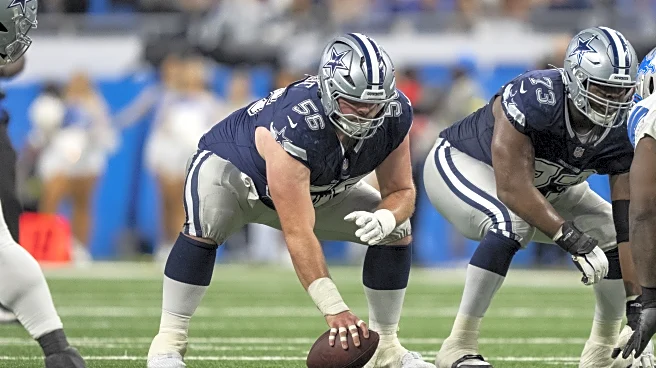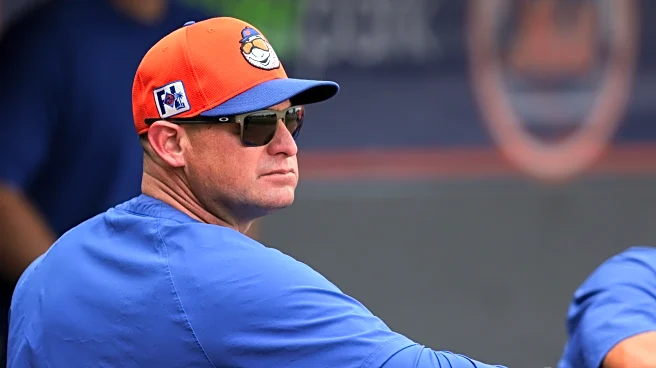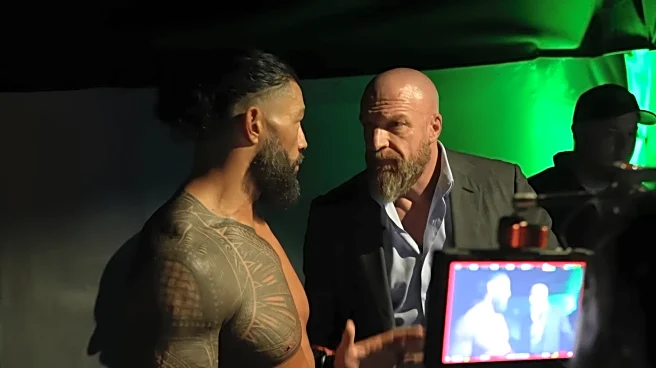What is the story about?
What's Happening?
Patrick Dare, a 54-year-old IT sales professional from Queensland, Australia, experienced significant mood changes and paranoia, leading to an outburst at work that resulted in a performance management review. During this HR meeting, Dare was diagnosed with frontal lobe dementia, a form of dementia more commonly diagnosed in individuals under 65. This diagnosis explained his behavioral changes, which he initially attributed to another mental health episode. Dare's understanding of dementia was challenged, as he learned it involves more than memory loss, affecting cognitive networks that influence behavior. He has since become an advocate for raising awareness about younger-onset dementia, emphasizing that individuals can lead fulfilling lives with proper support.
Why It's Important?
The diagnosis of frontal lobe dementia in younger individuals like Patrick Dare highlights the need for increased awareness and support for those affected by younger-onset dementia. This condition impacts not only the individuals diagnosed but also their families, as they navigate challenges such as maintaining employment and family responsibilities. The story underscores the importance of early detection and tailored support services, which can significantly improve the quality of life for dementia patients and their families. Dare's advocacy work aims to dispel misconceptions about dementia and promote understanding of its broader symptoms beyond memory loss.
What's Next?
Patrick Dare's involvement with Dementia Australia's Advisory Committee signifies a proactive approach to raising awareness and advocating for better support systems for younger-onset dementia patients. His efforts may lead to increased public understanding and potentially influence policy changes to provide more comprehensive support services. As awareness grows, there may be a push for healthcare systems to offer more personalized care plans and resources for dementia patients, similar to those available for other conditions like breast cancer.
Beyond the Headlines
Dare's experience sheds light on the emotional and social challenges faced by individuals diagnosed with dementia at a younger age. The story highlights the need for societal shifts in how dementia is perceived and managed, advocating for a more inclusive approach that considers the unique needs of younger patients. This could lead to broader discussions on mental health and cognitive disorders, encouraging more research and innovation in treatment and support strategies.















